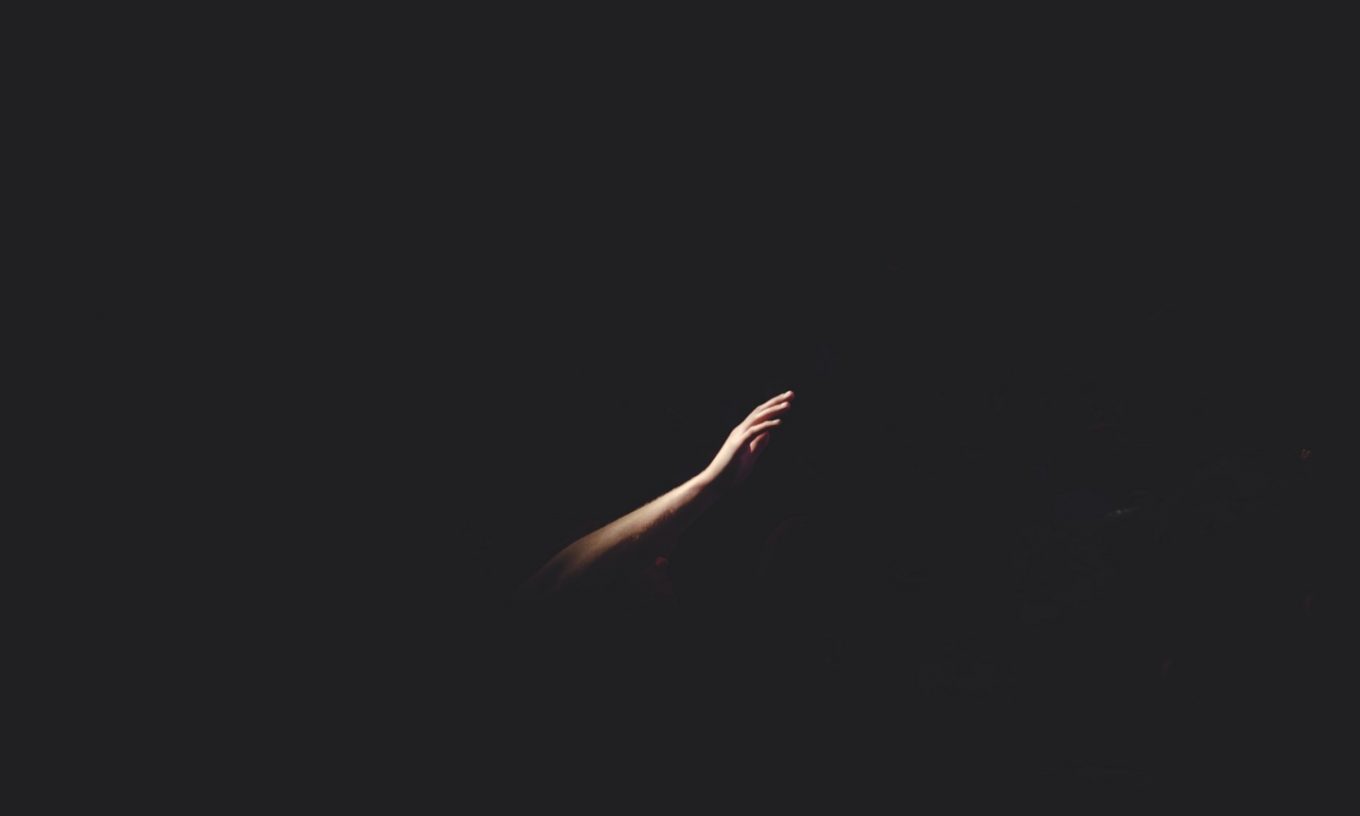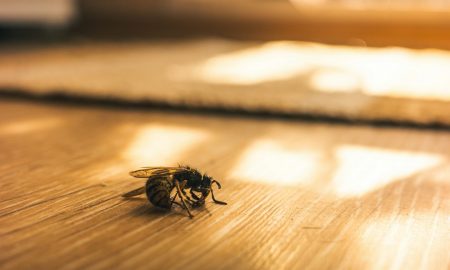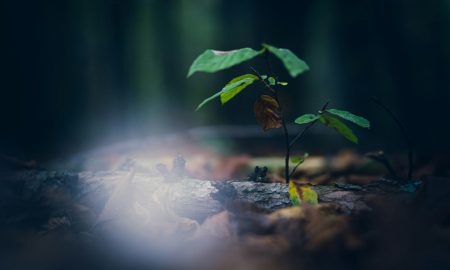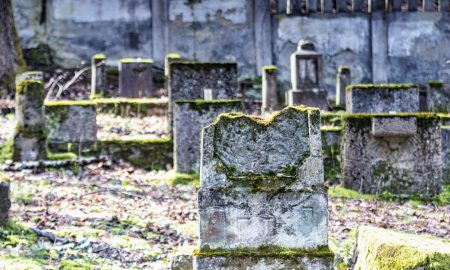For my birthday, when I turned five, Hannah told me a joke about a wabbit.
“There was this witto wabbit who needed a place to stay for the night so he knocked on the door of someone who had a nice veggie patch and asked, ‘May I come in?’
The man said, ‘Okay, but I don’t have any place for you to stay.’
‘Sure, you do,’ said the wabbit. ‘Just let me in, and I’ll look after myself.’
So, in the middle of the night, the man wondered what had become of the witto wabbit, and he went to the kitchen to pour himself a gwass of milk while he wooked for the bunny, and when he opened the wefwigewato door, he got the shock of his life.
‘What are you doing in my wefwigewato?’ the man asked the wabbit.
And the wabbit weepwied, ‘I am westing because this is a Westinghouse.’”
The story didn’t work if someone owned a Frigidaire, as my parents did, or a GE like my grandmother’s, or if they didn’t do the wabbit’s voice.
“So, what if someone owns a different kind of fridge?”
Hannah said she didn’t care. The point was not the brand of fridge but the way the rabbit said it.
I adored Hannah. She lived two doors away. We’d known each other since infancy, when our parents parked us on a car rug in my backyard. Maybe it was her garden. I’m not sure. Gardens in those days all looked the same. In the pictures they took, Hannah is holding up a dandelion and the Santa Clauses are blowing off in the wind. She said she could remember her mother telling her to make a wish as the seed parachutes were carried away, but she wasn’t sure what a wish was and probably should have known. A wish could come in handy.
I was just barely sitting up in the photos. In one or two shots my Dad snapped on his Kodak Pony, I am toppled over and Hannah is patting me. I’m certain she could not have remembered being asked to make a wish. We were both too young. At the edge of one photo, there is an animal lurking in the bushes. The photo had to be taken in my yard because my parents grew rose trees that were covered in thorns, and I was afraid of them. Hannah wasn’t, until I tripped one day when we were chasing each other and I tore my hand open on the prickles. I am pretty sure that was the first thing Hannah was afraid of.
She wasn’t afraid the day we started school. I wasn’t either, for the first hour, but when I turned to Hannah as the class sat on the floor in a circle to tell her that I had seen the same animal leap from the kindergarten windowsill and run across the schoolyard, the teacher yelled at me and I was sent to the corner. The corner was a place of shame. There was nothing to look at there. When the day ended, I ran up to Hannah to walk home with her, but she’d met another girl and said they were walking home together, no boys allowed. That was the first time I felt the silence between us. I wanted to tell Hannah I had seen the animal, not a rabbit, though she insisted the thing in the bushes in the photograph of us as babies was a rabbit. It was something more sinister.
My Uncle came for a visit. Our house was on the edge of town and he told me he figured the thing I had seen on the classroom window ledge was probably a martin.
“They are fierce,” he said in a low voice. “They can bite the hand off a child. I once saw one carry away a cat.”
I couldn’t tell Hannah about the martin. The idea of the cat being carried away would have made her cry. She had lost a kitten of her own when it ran one day into some weeds at the end of her garden and was never seen again. A martin probably got it.
What I am certain of now is that there is a point in childhood when danger enters the garden. It is kind of like the Fall of Adam and Eve story my grandmother read me from Hurlbut’s Stories from the Bible, a very frightening book where everyone in the pictures appeared woolly and down on their luck. My grandmother said the people in the images were holy because they spoke to God, but they looked as if they had been turned away by the world. They looked as if a martin was frightening them, peering from the shadows at the edge of the garden, and just waiting for a moment to do something mean.
Maybe it was mean of me to tell Hannah about the martin. I wanted to warn her. I wanted her to run away if she saw it. I looked at her hands as I told her about the creature and her hands were smaller than mine and beautiful. Mine had freckles on the backs, and I’d gotten a wart just below my thumb joint while playing with my cars in the dirt. My father said a toad may have slept there before I got my hands dirty, and toads, he told me, would give me warts.
But Hannah wasn’t afraid of the wart or the martin. She said we could be explorers, that if we went to the nearby river we could hide in the bushes and watch it just like wildlife people did on television when they sat among the rushes and observed “the natural habitates” of animals.
I told her one of the stories my grandmother had read me from Hurlbut’s Stories of the Bible, how Moses, a baby, was found in the rushes, but she said she had no idea what I was talking about and that a baby would drown if someone put it in the river. She added that I didn’t watch enough tv. But after school one day at the end of September, we decided to be explorers of habitates and go and sit beside the river to see if we could observe the martin.
I fell on the way down the slope and got my trousers muddy. Hannah told me to be more careful, that the noise would scare away the martin and he wouldn’t do what he normally does. He’d just sit there and stare at us.
I added that we didn’t want to make the martin mad.
“Why?” she asked.
“Because they eat cats.”
“Like my kitten? Are you saying the martin ate my kitten?”
I looked at her. There was a tremendous shock in her eyes. Animals were not supposed to be monsters. They were all part of the Mutual of Omaha Wild Kingdom and although they ate each other on tv, her father had assured her that was only for the cameras, and things didn’t kill other things. He’d added that if they did, there would be no nature left for another episode.
To put her mind at ease, I told her she was right. I didn’t want her looking for her kitten. She would only find its bones if there were any bones left. That’s all martins leave: bones. “They eat the fur and all,” my Uncle had told me.
We squatted in the tall, pale-green grasses on the riverbank. The far shore, where the river bent into a sandy curve that the older kids referred to as ‘the beach,’ had a few bulrushes, but the rushes were mainly in the sluices where people’s drains emptied into the current through shallow trenches that were just deep enough for frogs. Frogs were good as opposed to toads that had warts.
There was an old refrigerator someone had dumped upside-down on the riverbank. The door was open and it looked like a boat someone had dragged ashore after a paddle. The chrome was rusting at the top, but the white enamel was smooth and reflected the sun of the overcast sky.
I pointed to the fridge.
“Do you think that’s a Westinghouse? Maybe a wabbit wivves in it.”
Hannah didn’t laugh. She sat and stared at the river, mesmerized by the drift, the ripples eddying as they touched the stems of the grasses or pressed at the silt of the shoreline. The river was swifter and deeper than usual. Rain had fallen the night before. I had not expected the river to be that deep.
Hannah jumped up. “There!” she said.
“Where?”
“There! Don’t you see it?”
I lost my footing. The bank beneath my shoes gave way. I tumbled first on my back and then onto my face and felt water burning through my nostrils as my body followed my head. The river was cold. I didn’t know how to swim. Neither did Hannah.
My face came to the surface and I choked and coughed as the current tried to drag me away. Hannah jumped into the abandoned fridge. She reached out from the top of the inverted box, steadying her knee against the freezer door. I grabbed her hand, and she caught me; she held on but continued to scream. “Look! Look at you!”
I didn’t know where to look.
Hannah was pulling me towards her, saving me from drowning.
Then her feet went out from under her. There must have been water inside the appliance. When she fell, the fridge slid free of its grip on the muddy bank and began to float with Hannah in it. The impact of the box hitting the current, or perhaps the flow itself, or maybe the martin, the evil, dark, slithering thing that could do such harm to a kitten, flipped the door shut.
I stumbled up the bank. I reached for the fridge and tried to hold it, but I fell back into the water, and as my head disappeared beneath the surface, I let go. The white box began to float away. Hannah was screaming inside. The old refrigerators had locking mechanisms so the door would stay shut and the things inside would be preserved in airless dark. Pulling on the weeds, I got back onto the shore as the container rolled over and floated into the middle of the river before running aground on a snagged log.
By the time I got help—by the time someone believed me when I told them that Hannah was in the river, that she was floating in a refrigerator, and when the absurdity of what I was trying to say through my tears was finally understood by Hannah’s mother and an aunt of hers who were sitting in their living room and scolded me for bringing mud into their hall—when it all became clear and the men, my father, Hannah’s father, a delivery man, and a postman scrambled down the river bank and splashed against the chill pulse, Hannah had not drowned. She had suffocated.
My mother didn’t want me to see Hannah. She told me funerals were not for little boys, but I insisted that Hannah was my best friend. Someday we would be married and live happily ever after in a house with a stove and refrigerator, and if we were wealthy enough, a dishwasher because they were the way of the future, according to my father. My mother tried to shield my eyes as Hannah’s coffin was lowered into a metal container and workmen struggled to lift the lid into place before putting her into the earth and Hannah’s mother gasped as if all the air had gone out of her world. Someone said Hannah was at rest.
There were scoldings about playing with abandoned appliances. Warnings never to go near them again. “That’s how children die,” people told me. People I didn’t even know. People who would stop me on the street because I was “that boy” who had been involved in “that girl’s death” down by “that river.”
I blamed the martin. I tried to tell people that it had eaten Hannah’s kitten. No one would listen.
I don’t believe Hannah is dead. Why should I? I imagine her as she would be today. She is grown and we have grown apart. She is working in the city where I live. We’ve met for lunch recently and she’s told me she is getting married, that her fiancé’s name is Martin, that’s he’s thin and has dark hair and he was on his Varsity swim team. She says he’s from a small town.
I tell her that I am glad things worked out for her, that we are still exploring the world in our own ways. I show her a picture of my boyfriend that I carry in my wallet.
And after many years, after we have lost touch with each other, we reconnect on social media. Her profile picture shows her standing on a riverbank with a son about twenty. He is pointing to something moving in the river. It is the kind of candid, by-the-way type of image that people use to sum themselves up. This is me. Casual. A lover of nature. An autumn afternoon. The leaves of the trees overarching the river are beginning to turn orange.
And then, I wake in the middle of the night. I am hungry and frightened because, after many years, I am alone. My partner drowned when he decided to do a solo canoe trip through Algonquin Park even though I begged him to stay home, suggested we binge-watch old television shows where creatures struggle for survival, and people laugh at them now because a zebra from Africa is eaten by a Bengal tiger totally out of place, though still just as hungry. And the love of my life says he just needs some time away. He needs the peace, the sound of water as he camps at the mouth of a creek or a small river, and he says he doesn’t understand why I dislike mosquitoes or the thought of being attacked in my sleep by ravenous animals.
I stand in the middle of the darkened kitchen while I decide what I am going to eat. I have been pigging out on Oreos lately. They aren’t good for me. My doctor warns me that my nocturnal habits are wrong. Too many snacks. Too little sleep. I quote that boy-devil, Bart Simpson, and tell him not to have a kitten. And when I open the refrigerator door, pulling the magnetic closure strips apart as they make a soft, peeling sound like a rabbit chewing on a piece of lettuce, I squint half-blinded into the light, and am afraid I will be greeted by a peculiar yet familiar voice that says he is merely “westing.”
Photo by Cherry Laithang on Unsplash





